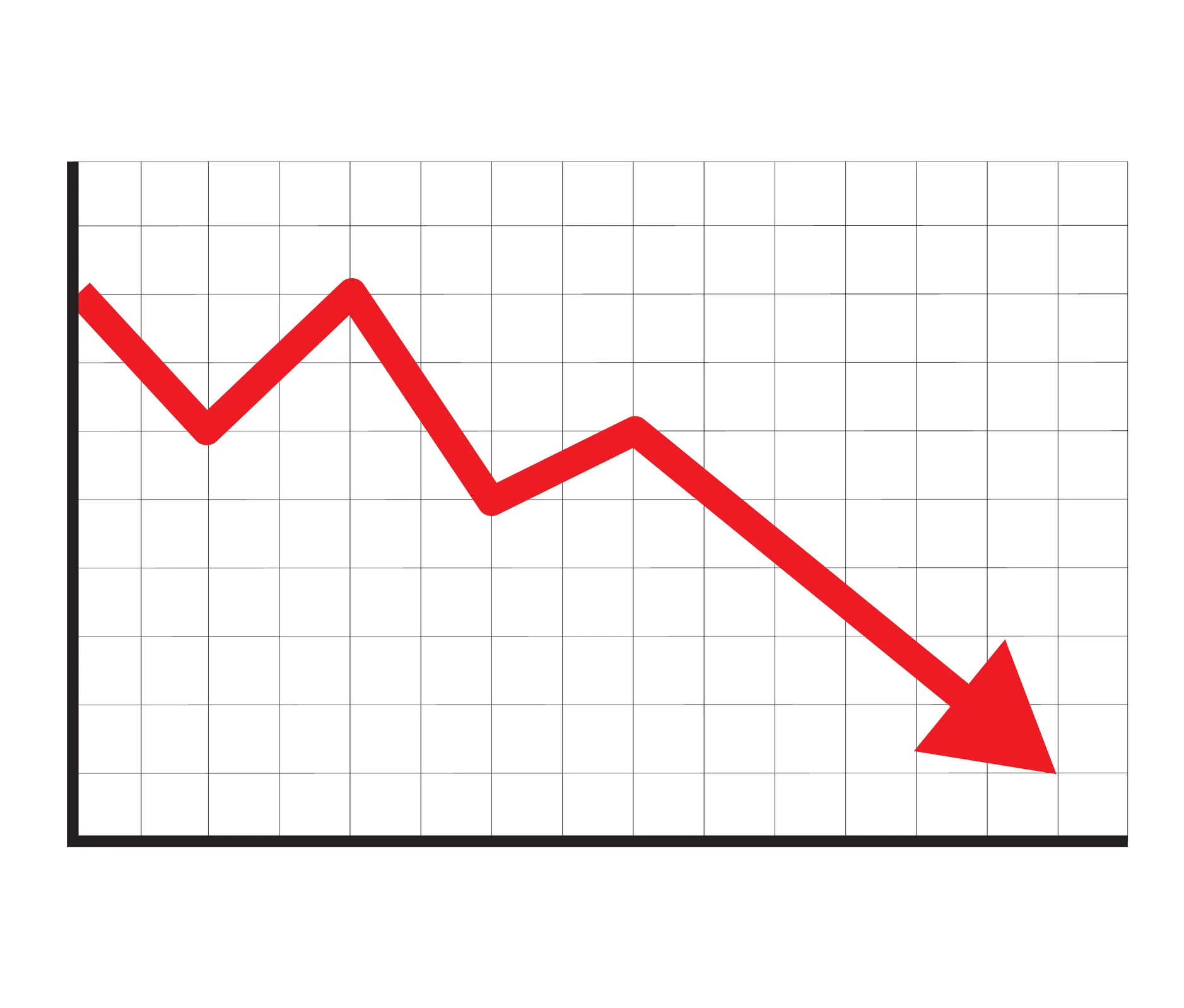A power line to West Bengal may help Nepal sell electricity to Bangladesh

KATHMANDU: FEB. 27 – Nepal has cross-border transmission lines with the Indian states of Bihar, Uttar Pradesh and Uttarakhand, but the only Indian state not connected with Nepal by a transmission line is West Bengal.
The two countries decided to conduct a study on the feasibility of constructing a cross border transmission line between Nepal and West Bengal during the meetings of joint secretary-level Joint Working Group and secretary-level Joint Steering Committee on bilateral power sector cooperation held in Kathmandu on February 23-24.
The existing Joint Technical Team has been authorised to conduct the study. Officials said transmission connectivity with West Bengal could also open an avenue for transporting Nepal’s electricity to Bangladesh through the Indian territory.
“The immediate purpose of the agreement with India is to find if transmission connectivity between Nepal and the West Bengal state of India is possible,” said Chiranjeevi Chataut, joint-secretary at the Ministry of Energy, Water Resources and Irrigation. “Once connectivity is established with this part of India, the possibility of exporting electricity to Bangladesh from Nepal through an existing or new dedicated transmission line in West Bengal cannot be ruled out.”
Chataut, however, said that the Joint Technical Team will first study if connectivity to West Bengal is feasible and how it could be made possible.
“There are quite a few fundamentals that need to be finalised first, like connecting substations of the two countries, the length of the transmission line, the capacity of substations connecting the cross-border transmission line and cost of constructing such a power line,” he said. “Thereafter, the modality of constructing such a transmission line can be finalised.”
According to the Nepal Electricity Authority (NEA), there is a 132kV substation at the Anarmani area of Jhapa.
“This may become the connecting point on the Nepal side for a cross-border transmission line with West Bengal,” said Dirghayu Kumar Shrestha, chief of the transmission directorate at the NEA.
But it is a relatively low capacity substation that cannot carry more than 150 MW of electricity, according to the NEA. The state-owned utility body plans to extend the under-construction 400kV Hetauda-Bardibas-Inaruwa Transmission Line to Anarmani.
“Once the 400kV transmission line reaches Anarmani, this can be built up to the Indian territory in West Bengal, which can serve as a high-capacity link like the 400kV Dhalkebar-Muzaffarpur Cross-Border Transmission Line,” said Shrestha.
According to him, a survey is currently underway to finalise the route for extending the 400kV transmission line from Inaruwa to Anarmani. The World Bank funded the feasibility study. Once this power line is ready, there will be two connecting points—132kV and 400kV—on the Nepal side.
“Cross-border connectivity with the 132kV line may be established quickly as there is already a substation on the Nepal side but we will have to wait to establish connectivity through the 400kV transmission line as such a substation is yet to be built on the Nepal side,” said Shrestha.
Nepal and India have agreed to study the possibility of interconnection between Nepal and West Bengal at a time when Bangladesh has shown keen interest in investing in the hydropower sector of Nepal and purchasing power.
Nepal and Bangladesh have also been holding talks for power trading between the two countries.
Bangladesh has already decided to buy 500MW of electricity from the 900MW Upper Karnali Hydropower Project. India’s GMR Group, which has set up GMR Upper Karnali Hydropower Limited, is preparing to develop the project in Nepal.
As Nepal has been enjoying surplus energy during the monsoon since last year, the country is also eager to sell electricity to both India and Bangladesh.
During the secretary-level Joint Steering Committee meeting between Nepal and Bangladesh in September last year, both sides had also agreed to develop a dedicated transmission line between the two countries by taking India on board, according to a statement issued by the Ministry of Energy, Water Resources and Irrigation.
Bangladesh has also shown an interest in developing hydropower projects in Nepal, including the Sunkoshi III Hydropower Project, according to the Energy Ministry.
“Developing a dedicated transmission line between Nepal and Bangladesh through the Indian territory was not on our agenda of discussion with India this week,” said Chataut. “But transmission line connectivity with West Bengal may open the door for selling electricity to Bangladesh through the existing transmission line in India if the southern neighbour gives the approval.”
-Kathmandu Post










